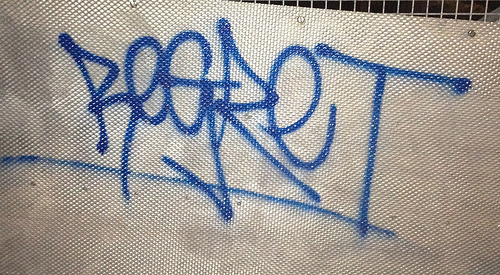Podcast: Play in new window | Download (Duration: 51:46 — 71.1MB)
Subscribe: Spotify | RSS | More


On today’s show, we’ll answer a question from listener Victoria about having a feeding tube during med school interviews–should she worry that it will make her look weak and infirm, and thus not a good applicant for med school? Aline Sandouk, Mark Moubarek, Jayden Bowen, Marissa Evers and Gabe Conley tell her why she should OWN it by not being the first to mention it! Go Victoria!
Meanwhile, Mark tells us what he did to overcome his sadness in the past year after his wife moved to pursue her own medical education in California while he finishes up at CCOM, and what he’s learned by adopting his new unconventional lifestyle. Go Mark!
This Week in Medical News
A CNN story about an alleged “medical kidnapping” of an 18-year-old brain aneurysm patient shocked many, but it turns out the story wasn’t as simple as the article made it appear. And reaction to New York University’s plan to make tuition absolutely free to all medical students forever took the med ed world by storm…but some aren’t buying that it will have the ostensible consequences of lowering the barrier for underrepresented minorities and encouraging more to go into primary care.
We Want to Hear From You
Did NYU’s announcement move it higher on your list of schools to apply to? Call us at 347-SHORTCT anytime, visit our Facebook group, or email theshortcoats@gmail.com. Do all three!
Continue reading Owning a Visible Disability during Med School Interviews

















